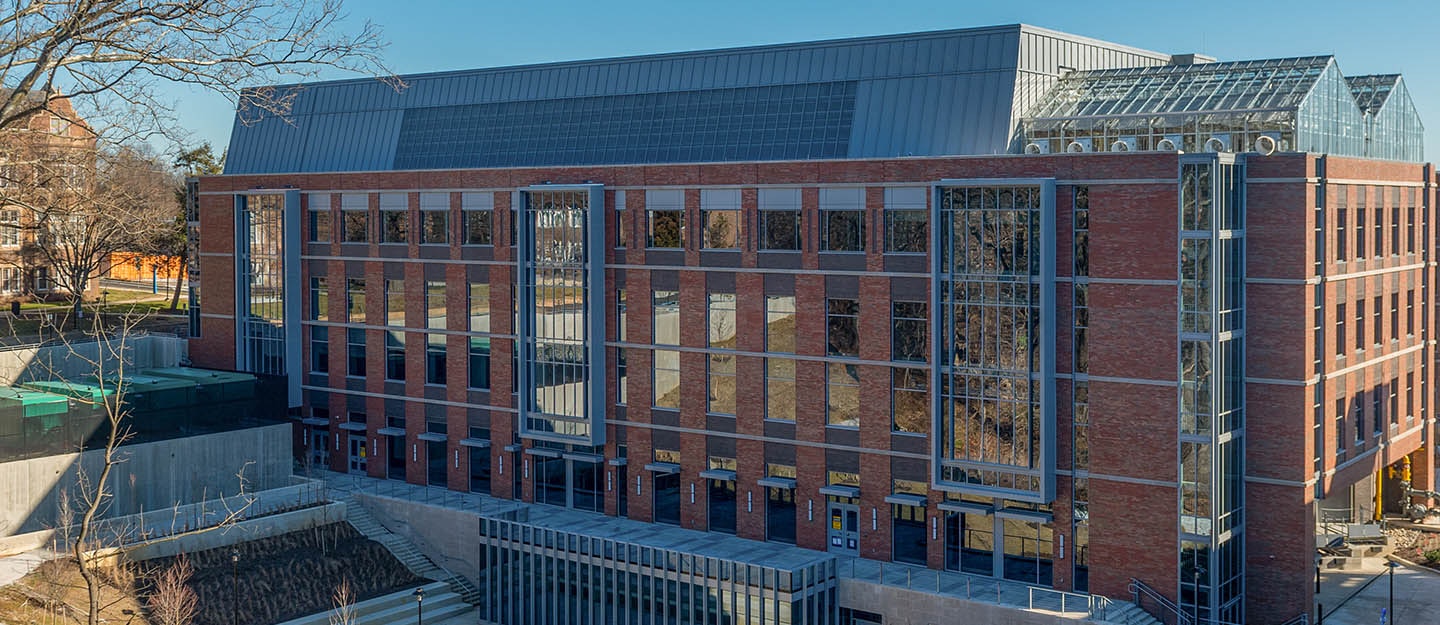Type to search


Towson University
Towson, Maryland•Public
Want to see your chances of admission at Towson University?
We take every aspect of your personal profile into consideration when calculating your admissions chances.
This school does not require essays or the essay prompts are not available yet.